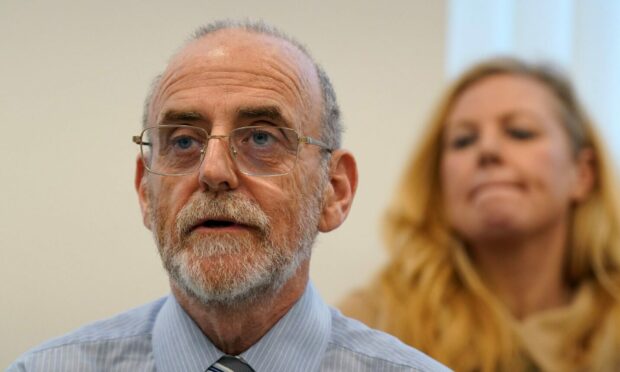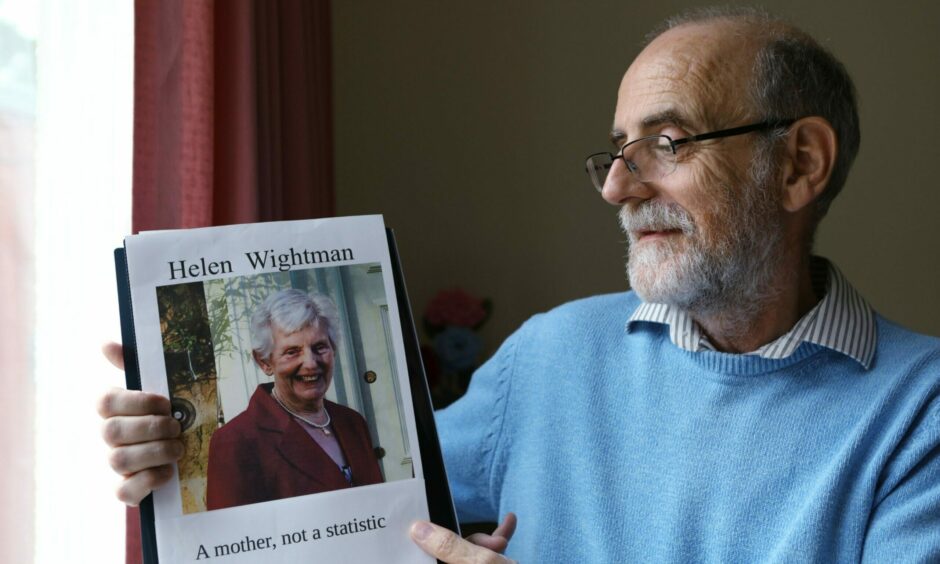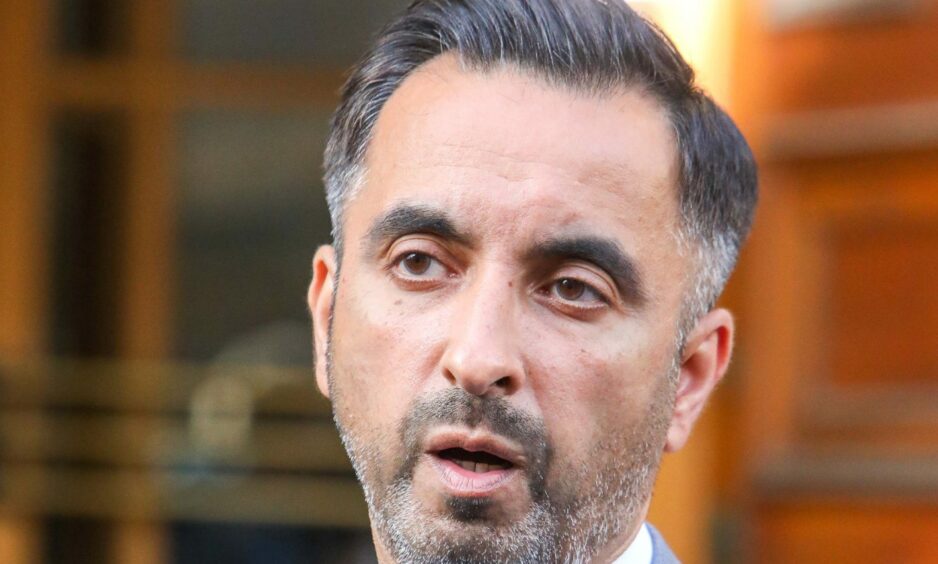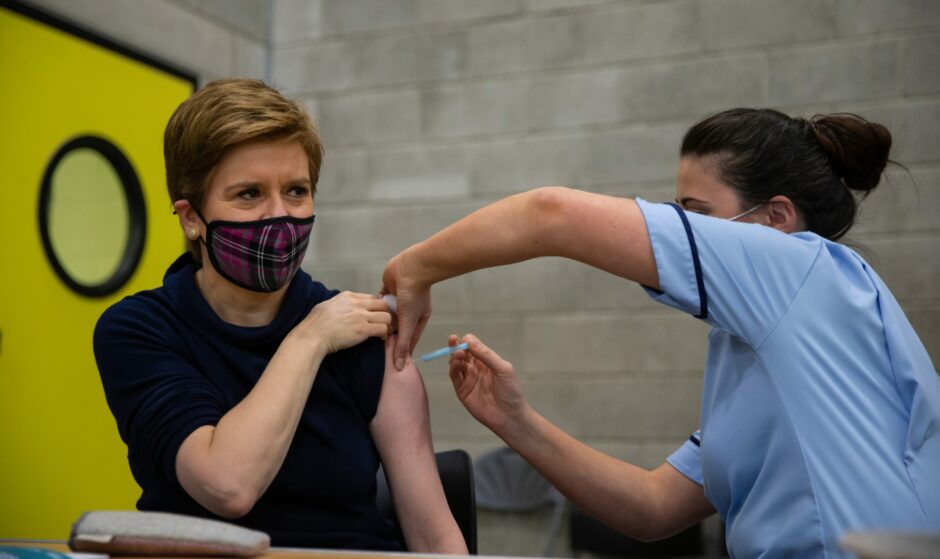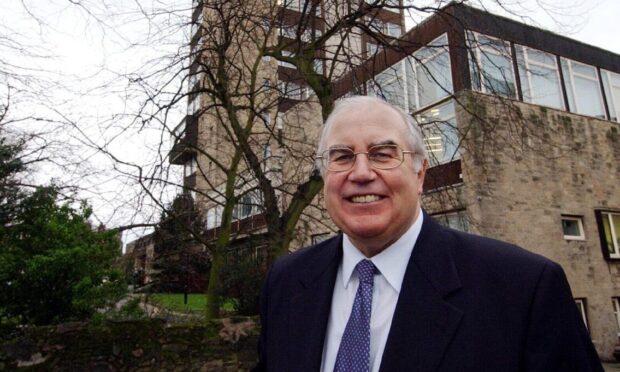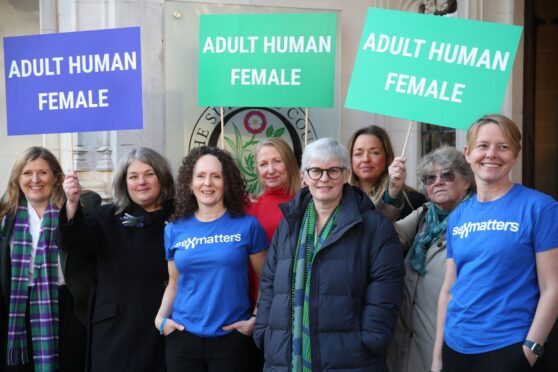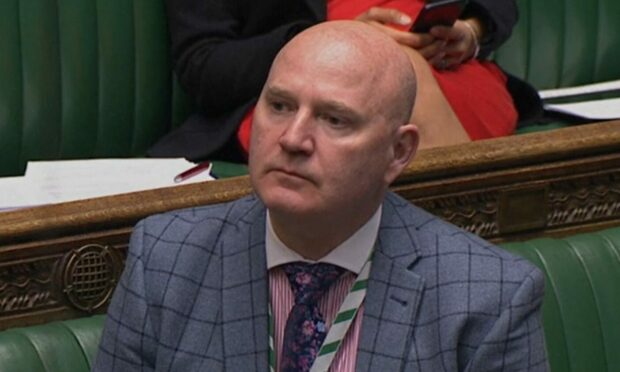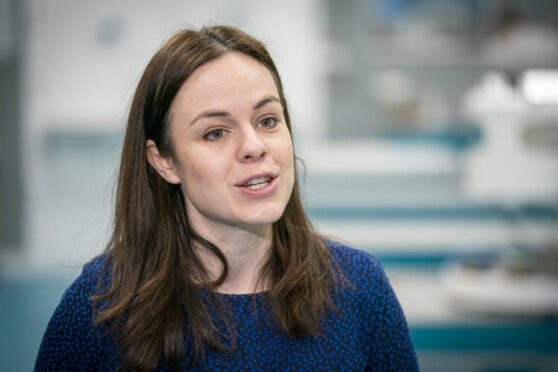Alan Wightman’s mother died in the early days of the pandemic at a care home in Leven.
Three years on, Mr Wightman had high hopes the Scottish Covid Inquiry – which he campaigned for – would live up to the expectations of bereaved families.
Today, after the first two sittings of that inquiry in Dundee, he is scathing.
“This is dire – this is not what we campaigned for,” he told The Courier.
Mr Wightman’s mum, Helen, died in May 2020.
Originally from Methil, she was in Scoonie House when the pandemic swept the globe.
She became unwell that April and died on May 6, one of four residents who fell victim to the virus.
Mr Wightman, who does not blame the care home, went on to campaign with others in Scotland for a focused inquiry separate to any UK probe.
His group is backed by human rights lawyer Aamer Anwar, a vocal figurehead who put pressure on the government under Nicola Sturgeon.
The initial stages of the Scottish inquiry were dogged by internal problems.
The first chair, Lady Poole, quit in controversial circumstances in October last year.
‘We were confident’
Her successor, Lord Brailsford, was seen as a positive choice.
“We were confident when he was appointed,” Mr Wightman says.
“He met the families, he looked us in the eye and gave us high hopes.
“Having watched the opening sessions, I am now not impressed.
“They have to engage with the bereaved.
“If they can’t do better than this, they should pack it in. It’s not anywhere near good enough.”
The UK inquiry under Baroness Heather Hallett, a former Court of Appeal judge, is under way.
It has heard from Ms Sturgeon, her former deputy John Swinney, and UK government figures including Matt Hancock, Jeremy Hunt and Michael Gove.
“She has set the gold standard,” Mr Wightman adds.
The Scottish inquiry opened with a presentation in Dundee by public health physician Dr Ashley Croft.
The session was designed to set out the scientific and medical understanding of the virus in late 2019 and through the pandemic.
Mr Anwar described the first session as “embarrassing”.
‘It’s a shocker’
Mr Wightman, who moved to Yorkshire in late 2020 after 10 years in Forfar, watched proceedings over the live feed and found it hard to follow.
“The sound is bad, muffled,” he says.
“The whole style is laconic and frankly really, really bad. I pity the people listening in – it’s a shocker.”
Mr Wightman said fellow campaigners in the bereaved families’ campaign felt the same.
Concerns also include the low-key start with one witness, billed as an expert. Mr Wightman said he “learned very little” and questions were not fully addressed.
Families felt the inquiry started without paying respect to those who lost their lives.
Firm details for hearings were not clear in families’ minds.
Reacting to wider criticism on the first day, a spokesperson for the inquiry said: “Dr Croft is a public health physician and epidemiologist who has undertaken and published extensive research on a wide range of public health issues including issues relating to Covid-19.”
The spokesperson added: “The inquiry’s preliminary hearing, to take place at the end of August, will feature a formal and lasting recognition of the suffering caused by the pandemic, in the form of a short film.
“The inquiry is grateful to bereaved families, care home relatives and others impacted by Covid who contributed to the making of this film.”
After day two, Mr Anwar again questioned the decision to have a “scene setter” which he says strayed into evidence.
Mr Anwar said Dr Croft was asked to comment mask wearing, other forms PPE, the use of handwashing, social distancing rules, social isolation measures, treatments and vaccines
